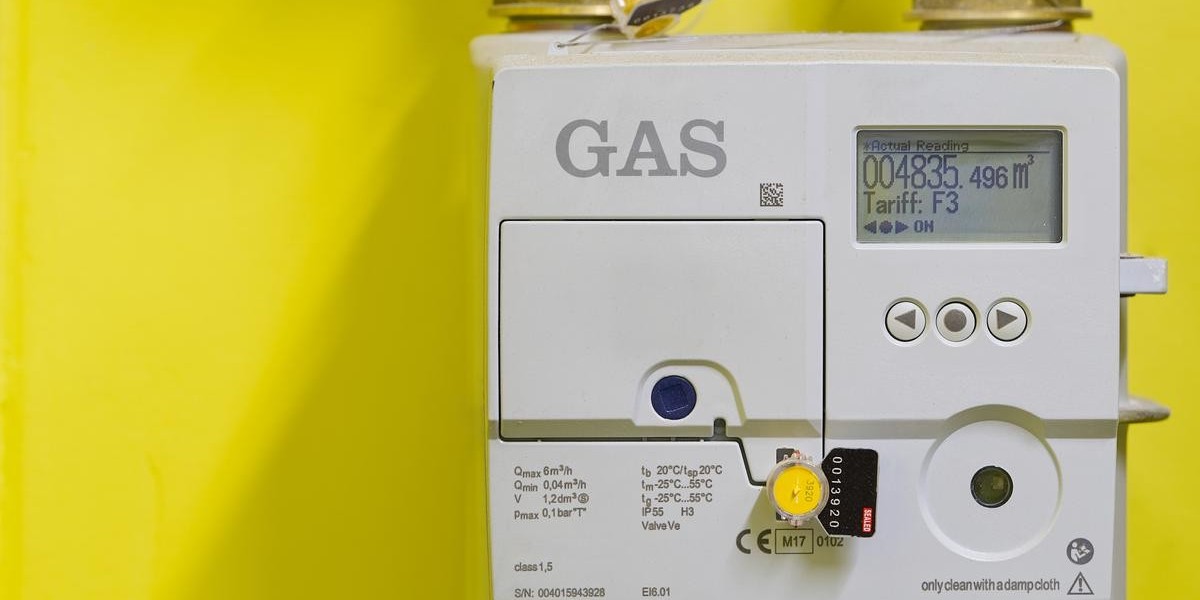In today's modern world, gas is an essential energy source for residential purposes. It powers our stoves, water heaters, and heating systems, providing us with the comfort and convenience we often take for granted. Behind the scenes, there is an important device that measures our gas consumption: the residential diaphragm gas meter.
Understanding Diaphragm Gas Meters
A diaphragm gas meter is a type of gas meter commonly used in residential settings to measure the flow and consumption of natural gas. It consists of a metal housing that contains a series of chambers, valves, and diaphragms. These components work together to measure the volume of gas passing through the meter accurately.
How Do They Work?
The diaphragm gas meter operates on the principle of displacement. As gas flows through the meter, it enters a chamber that expands or contracts, depending on the volume of gas passing through. This chamber contains a flexible diaphragm that moves in response to changes in gas pressure. The movement of the diaphragm is then transmitted to a mechanical counter, which records the gas consumption in cubic feet or cubic meters.
Benefits of a Residential Natural Gas Flow Meter
Accurate Measurement: A diaphragm gas meter is known for its high accuracy in measuring gas consumption. They provide precise readings, ensuring that you are billed correctly for the amount of gas you use. This accuracy helps promote fairness between consumers and utility providers.
Durability: Diaphragm gas meters are designed to withstand harsh conditions and have a long lifespan. They are built with sturdy materials, making them resistant to corrosion and external impacts. This durability ensures consistent performance and reduces the need for frequent replacements.
Low Maintenance: These meters require minimal maintenance over their lifespan. Routine inspections and occasional cleaning are sufficient to keep them functioning optimally. The low maintenance requirements make them a cost-effective choice for residential gas measurement.
Safety: A residential natural gas flow meter built with safety in mind. They incorporate various safety features, such as pressure relief and built-in shut-off valves, to prevent gas leaks and potential hazards. These features provide peace of mind to homeowners and contribute to the overall safety of the residential gas supply.
The Importance of Diaphragm Gas Meters
A diaphragm gas meter plays a vital role in the efficient management of natural gas resources. Accurately measuring gas consumption, they help utility providers monitor and regulate gas distribution to residential areas. This data enables providers to plan and allocate resources effectively, ensuring a stable and uninterrupted gas supply.
Moreover, diaphragm gas meters encourage energy conservation and environmental sustainability. With accurate consumption readings, homeowners can monitor their gas usage and make informed decisions to reduce wastage. This not only helps save money but also contributes to reducing carbon footprints and promoting a greener future.
Conclusion
A diaphragm gas meter is the unsung hero of our gas supply systems. They provide accurate measurements, promote fairness in billing, and contribute to the efficient management of natural gas resources. With their durability, low maintenance requirements, and safety features, they offer reliability and peace of mind to homeowners.
As we move towards a more sustainable future, understanding the basics of diaphragm gas meters empowers us to make responsible choices regarding our gas consumption. By embracing energy conservation and utilizing these meters effectively, we can contribute to a cleaner and more efficient residential gas supply.
Remember, the next time you use your gas-powered appliances, take a moment to appreciate the residential natural gas flow meter silently working behind the scenes, ensuring your energy needs are met accurately and reliably.



